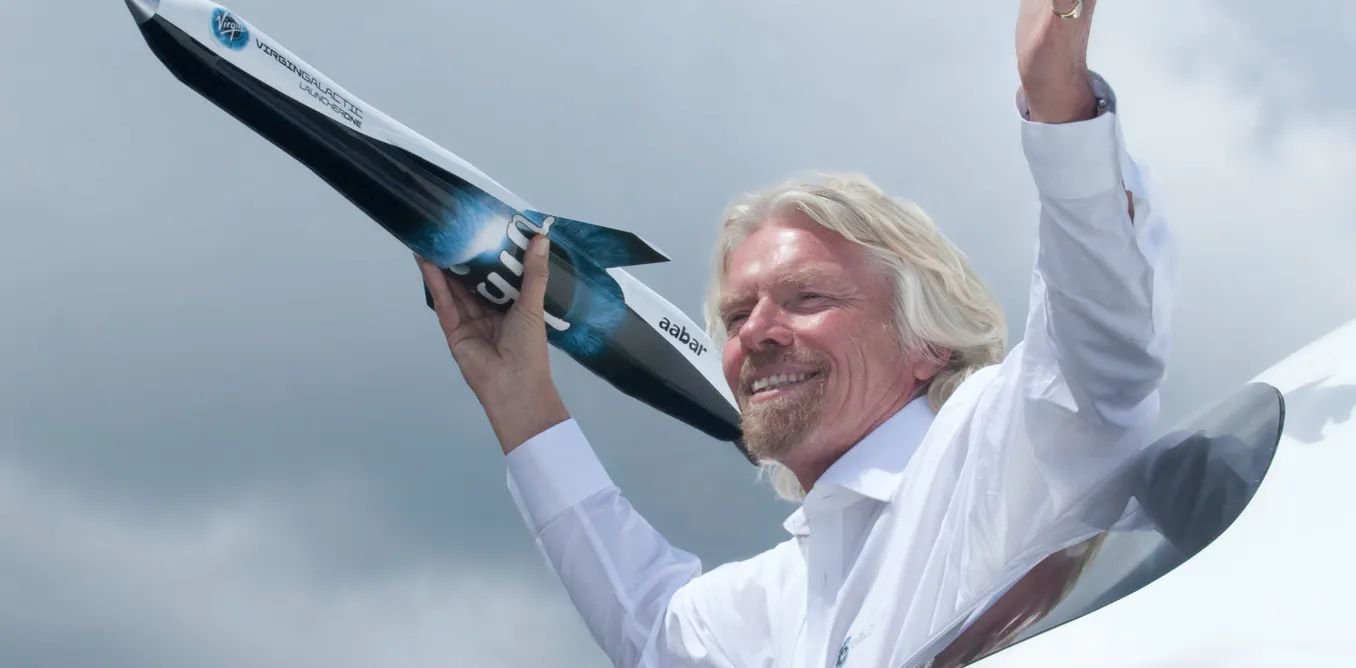
Published by Seeking Alpha, 23 March 2023
Summary
- Virgin Galactic Holdings is still burning through cash at an alarming rate.
- And a really important point will be whether they can meet their Q2 start date.
- If they have to postpone it again, combined with further shareholder dilution, this would probably have a negative impact on the share price.
Thesis
I think the space tourism market is quite interesting because it could be a very nice experience. And I think in about 15 to 20 years there will be companies in this space that will have made really amazing returns. But I think at the moment it is more of a gamble than an investment because the future of this industry and its companies depends on so many variables that cannot be accurately predicted today. And Virgin Galactic (NYSE:SPCE) is, in my opinion, in a worse position than its competitors.
Analysis
If we compare the figures for the full year 2022 with those for 2021, we see an alarming trend. Revenues are down and expenses are up. This leads to increasingly negative free cash flow, which in turn leads to high cash burn. The 980 million in cash + cash equivalents + marketable securities will last about 1.5 to 2 years if the current cash burn rate continues, which is likely. It could even increase a little.
So there is a big change that they need to raise new money to be able to resume their business. That would probably lead to shareholder dilution. In their last earnings call they said that raising new money was a possibility. Virgin Orbit (VORB), which was spun off in 2017, is currently experiencing some financial problems and could be a candidate for bankruptcy. But Virgin Orbit has had more problems, with a second launch failure earlier this year.
If we look at shareholder dilution in the past, we see that they had 196 million shares outstanding on 31 December 2019 and 275 million shares outstanding on 31 December 2022. This is an increase of almost 40%. This is not the ideal scenario that you would want as a shareholder.
With companies like Blue Origin (BORGN), SpaceX (SPACE) and Boeing (BA), there are also competitors that are bigger and probably have more resources. Unlike Virgin, Blue Origin also had a successful commercial flight in July 2021. Virgin is planning to launch in Q2, but they postponed it so often that it remains to be seen if it will happen or if it will be postponed again.
With a price tag of around 450k, they are a lot cheaper at the moment, but the question is, will the 90min experience be enough to attract customers? Are suborbital flights what people want or do they want the full space experience?
Many people argue that in year X the TAM will be X and therefore the company will be valued at X. But this is based on forecasts that are not really reliable. If we look at the forecasts of so-called experts, we see that they are not really good at forecasting. So investing on the basis of this potential future value is a huge gamble rather than an investment. So there is a chance that Virgin will be a success story in the future, but there is no way you can say that with a high degree of confidence now.
Will the commercial space industry be like the commercial aerospace industry, which has not been so good for most investors? Or how will the legal aspects of this market develop over the next year? What will happen if a company has an incident involving humans? So there are a lot of questions that we cannot answer at the moment, and in a new market like this there will be things that people have not even thought about today.
Confidence in the management team is also not as strong, according to the ratings, and some of the criticisms are worth keeping an eye on.
Conclusion
The space tourism industry could be really interesting in the future because it has the potential for really high barriers to entry and moats. However, at the moment it is almost impossible to see which company will succeed in the long term and how this industry will develop. So it is more of a gamble than an investment at the moment. But a small position in such an industry could really grow in the long term, but I think the other competitors have a better risk/reward ratio because they have bigger companies behind them that can help with money and expertise.
Personally, I would not build a position in this company at this time. But that could change if they can improve over the next few years. However, I would not short it at the moment either, as companies like this have the potential to stay at higher valuations for longer than the short-seller can stay solvent.
See: Original Article





